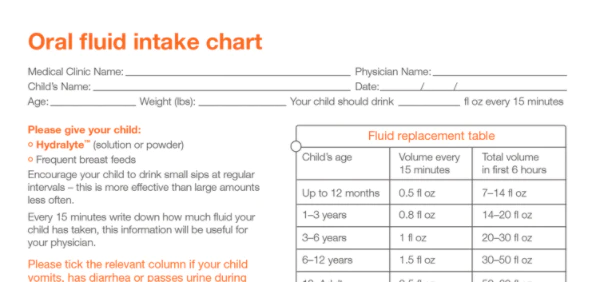
→ Signs & Symptoms / Elderly

→ Signs & Symptoms / Elderly
Chronic dehydration in the elderly is a common problem, especially in nursing homes or assisted living facilities, due to limited monitoring resources and supervision. This is partially caused by the body’s lack of awareness of being thirsty as we age. Certain medications, like diuretics, can dehydrate the body. Additionally, muscle cells contain more water than fat cells and as we age, we lose muscle mass, making it more difficult to store water in the body.
While not all the dehydration symptoms are easy to spot, there are signs you should be aware of.
Older people are at an increased risk of dehydration, resulting from:
Older people will experience the common signs and symptoms of dehydration, including:
In addition, elderly dehydration may cause reduced sweating under the arms.
If any signs or symptoms of dehydration are present, it is best to seek medical assistance and start therapy as soon as possible to prevent worsening of this condition.
Seniors may exhibit reduced sweating under the arms as a sign of dehydration. Place some tissue paper under the arms for a few minutes. If the paper does not moisten, the person may be dehydrated.
If you are elderly, or help care for someone who is, there are some simple ways to help prevent and manage dehydration. These include:
To prevent and relieve dehydration, seniors may consume an oral rehydration solution (Hydralyte).
Hydralyte is scientifically formulated to contain the correct balance of glucose and electrolytes for rapid rehydration. The formulation is based on the World Health Organization criteria for effective rehydration. Water or sugary drinks are not as effective as Hydralyte, as they do not restore lost electrolytes (which retain the fluid).
When managing dehydration in seniors, the use of an oral fluid intake chart may be useful to measure fluid intake and losses.
